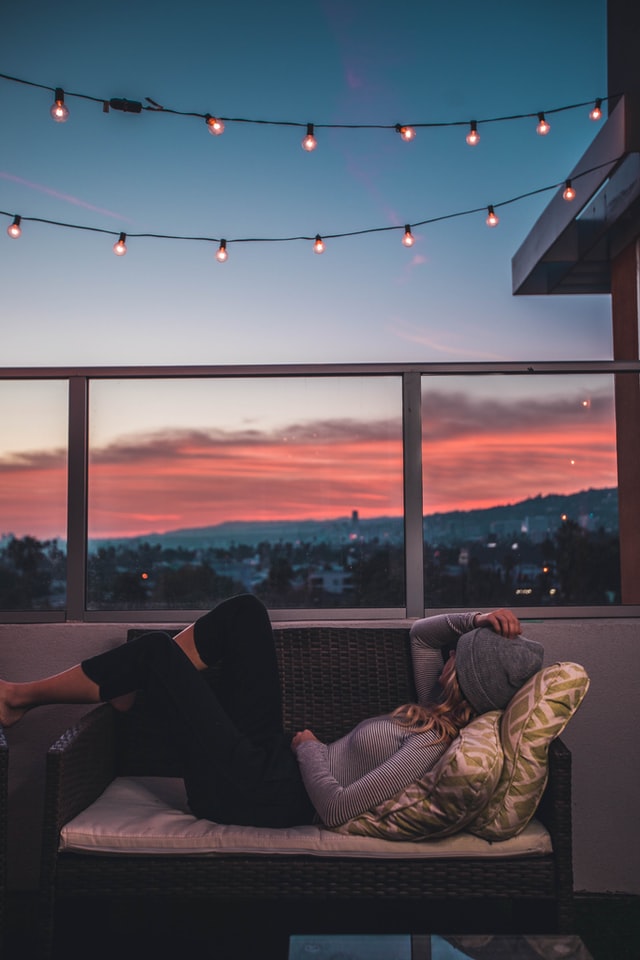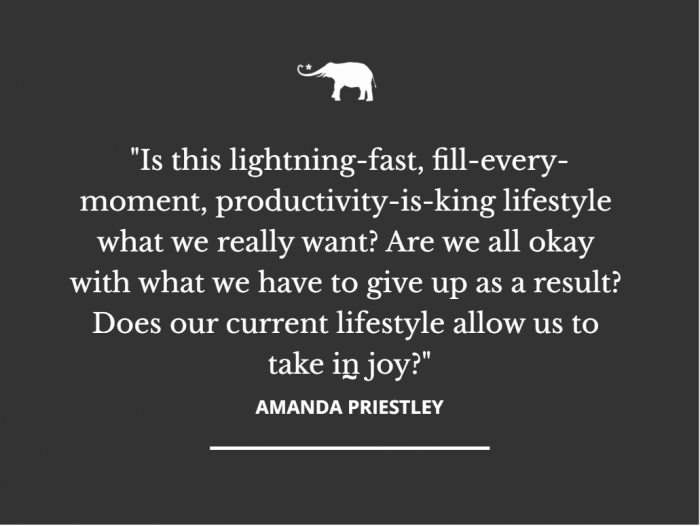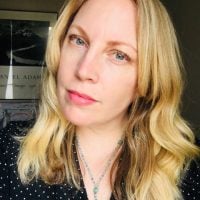Objectively speaking, there is nothing good about COVID-19.
Millions of people have died and continue to die. We have faced a global recession; small businesses in my little town have shuttered. Healthcare workers have been in survival mode, and in some parts of the country, getting an ICU bed continues to come at a perilous cost.
In my own profession as a teacher, it has been devastating to be away from students and the safe structure that school provides for many of them.
Most of us would readily agree that the virus has wreaked havoc on our lives.
But there is something else that has come from that period of loss and confusion: slow and intentional living.
Instead of the usual drill that us working parents face each morning—the pre-dawn hustle with breakfast, backpacks, lunches, and whatever signed forms—we woke up without an alarm clock, unhurried and able to spend precious moments in bed before the day started. I darted downstairs before the kids woke up and had a perfect cup of coffee while I read an entry or two from my Buddhism app.
Gone were the worries of being late for my morning hallway duty because someone couldn’t find their other shoe. No more tantrums or stomach aches, and the guilt of making my kiddos push through them.
And the after-school madness was wiped away with one fell swoop. Soccer practices, lessons, tutoring, playdates, football games, therapy. If it couldn’t be done over Zoom, it went by the wayside.
As all of the extraneous activities fell away, it created wide-open pockets of time. Life suddenly went from the speed of a Japanese bullet train to a leisurely, Sunday walk. And any endeavor—from grocery shopping to socializing with neighbors—was now done with intention and planning.
For my sensitive, sloth-like soul, it was bliss. I drove to my school to teach online without anyone in the backseat, masking up at my favorite coffee drive-through on the way in. I taught shortened classes, with a long break in the middle of the day. At lunch, I would walk the outdoor high school track, or when it got cold, the long, empty hallways with the automatic motion-sensing lights turning on when I passed through. I listened to podcasts and wrote in my journal. My world had contracted and felt manageable, even pleasurable.
Our school district designated Wednesdays as “planning” days, with a reprieve from online classes. It was a gift. I had hours to create materials, watch instructional videos, and meet with fellow teachers across the district. I also walked from school into town, taking in the details of the little fishing enclave where I teach. I learned the streets, the houses with lovingly-kept gardens, the short-cuts to the waterfront park. I often met one of my friends for lunch outside on these Wednesdays, processing the changing landscape of the pandemic with her.
In the stillness, I began to hear that inner calling, the voice that before was too tired and disoriented to even make a sound. I found myself staring at the wall one afternoon, wondering why I had never learned to play the guitar. I borrowed an instrument from the music teacher and got blisters on my fingertips practicing the intro to my favorite song. I finished a knitting project that I had started the year before and sent it to my best friend, proud that I could finally contribute a gift of substance. In the shade of the garage, I rehabbed an old dining room table and chairs, sanding and painting, feeling a thrill when I successfully reupholstered the cushions.
In the afternoons, we took the kids on long walks around the neighborhood, stopping to talk with neighbors. They offered assistance, commiseration, even spare toilet paper. The days felt full of small, happy moments. I had hit my stride.
And then, the world opened back up.
Teachers came back into school. Then students. The walks stopped. We resumed Target runs and soccer practice.
This school year, we have slipped back into our relentless routine, a sprint to get everyone out the door by 7 a.m. There isn’t a free afternoon. I am mindlessly scrolling on my phone in the last half hour before I sleep, trying to find a nugget of meaningful news—did someone have a baby? Is there some Facebook quote that will bring it all into focus?
The pace of the shutdown, its slow-rolling waves, is difficult to maintain in a post-pandemic world.
Do I need to move to a remote island, away from civilization? Or join a monastery? Or cut out some of my kids’ activities? Or find a job that isn’t so socially demanding?
Is this lightning-fast, fill-every-moment, productivity-is-king lifestyle what we really want? Are we all okay with what we have to give up as a result? Does our current lifestyle allow us to take in joy?
On the first Wednesday of the school year, my students lamented the fact that we had lost our glorious mid-week day off. “It’s your generation’s job,” I told them, “to structure society a little better.”
Perhaps that is that what it will take to live a more intentional life, without the flurry of activity that leaves us worn and spent but not fulfilled. Or maybe we will collectively shift our thinking as we move through the Delta variant, choosing to safeguard meaningful, unstructured time even when not facing a global pandemic.
For me, I’m left wondering how I can create a life today where the rhythm and stillness on the outside matches what I needed on the inside. Perhaps this is the wisdom that devotees of meditation know: a quiet mind reveals the answer.
For a few months, I had the answer in crystal clarity. In the midst of a crisis, my own spirit found its way to the surface and whispered a response. Now, in my hurried state, I struggle to remember the question.
If only I can get a free moment to remember the question.
~













Read 3 comments and reply